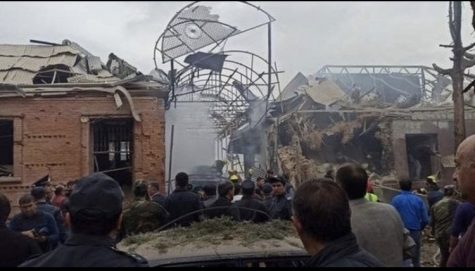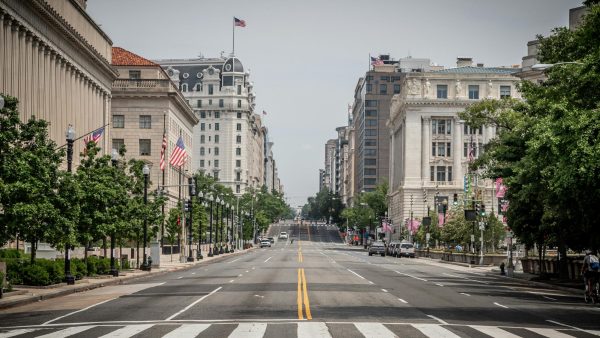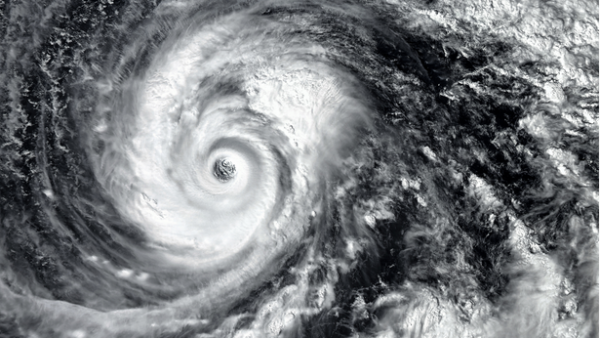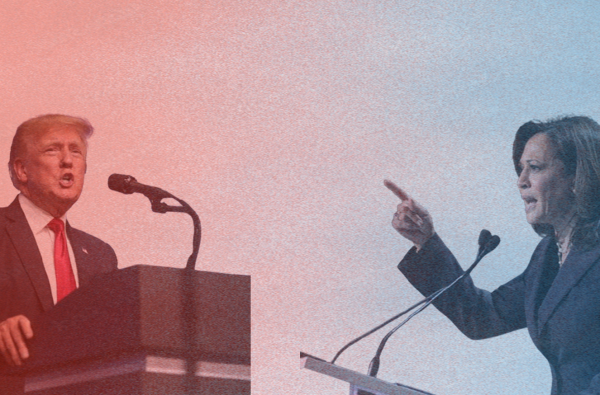The Armenia-Azerbaijan conflict and its potential ramifications for the rest of the world
Peace talks refused as Armenia and Azerbaijan has entered the fifth day of fighting in the Nagorno-Karabakh region.
Russia-mediated peace talks have been refused by both Armenian and Azerbaijani officials as conflict in the disputed Nagorno-Karabakh region rages on. The conflict is only the most recent flare up over the disputed region, as a war had occurred over the region in 1988 during the collapse of the Soviet Union.
Ethnic Disputes:
The Nagorno-Karabakh region is located in the south-western area of Azerbaijan, but is majority Armenian as opposed to Azeri Turkish. Originally both nations were under the control of the Soviet Union, but as it fell a war was fought by the Karabakh Armenian majority and the Turkish Azerbaijan that resulted in the Karabakh gaining a degree of self-governance. Tensions never died between the two groups, and occasional flare ups as recent as 2016 served as reminders of the uneasy ceasefires. This conflict, which began on September 27th, could mark an end of the ceasefire and explode into a large scale war, a situation that Russia has been quick to try and avoid.

photo courtesy of the Azerbaijan Defense Ministry via BBC
A Troubled History:
Russia is no stranger to conflicts between the two nations. Both of the nations were former soviet states, and the collapse of the Soviet Union wound up being the catalyst for the war in 1988. After the Soviet Union dissolved and became the modern Russian Federation, it helped end the same conflict in 1994 and forging a troubled ceasefire. Now as the conflict wages on, Russia has been attempting to coerce each side into peace talks with little success. Russia has good diplomatic relations with both nations, but, if push comes to shove, they seem to be leaning on the sides of Armenia. But as of now, Russia seems to want to resolve this conflict on their southern border as quick as they can.
Other International Responses :
Besides Russia, both France and the United States have called for peace talks, but have been ignored. Turkey has pledged its support to Azerbaijan, which is unsurprising considering the history of the Armenian people in Turkey. Iran, on the other hand, has seemingly begun supporting Armenia by sending supply trucks to its borders.
What this means for the future:
As of October 4th, casualties in this conflict have surpassed 200, greater than the previous skirmishes in 2016 and now only second to the original 1988 war. There seems to be little chance of reconciliation, as both sides have now rejected numerous peace talks by many nations. For now, the future is uncertain, but if this conflict is not resolved soon, it’s very possible that this could escalate into a full scale war.









